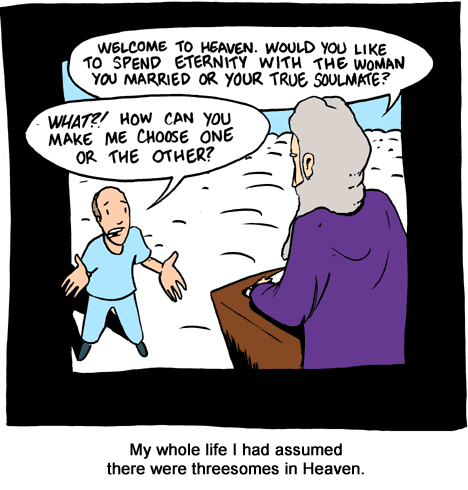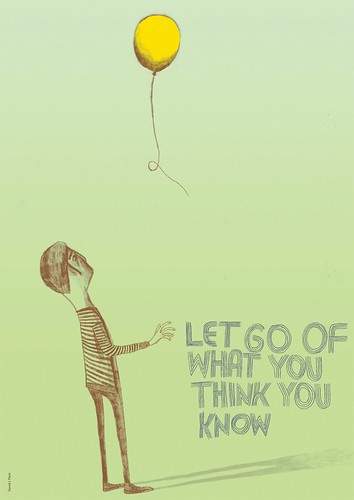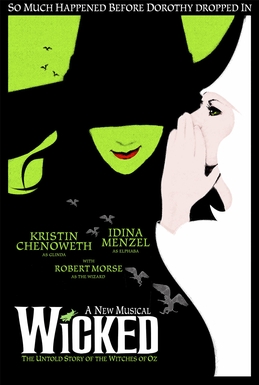Honestly, I wasn't expecting her to refer to me as a gay student so bluntly, especially when it wasn't as relevant to the quote as some of the other things I said to her in the interview. In fact, the night the paper was printed I got a somewhat frantic message on my voicemail saying that she was having second thoughts about the article because she realized she hadn't expressly asked me if she could refer to me as gay in the article. She told me to call her back as soon as possible at any hour that night and she'd try to fix it if it was a problem. I didn't get the message till the papers had already hit the stands, but I'm not upset about it.
The day the article ran in the school paper, I thought no one would read it. Who reads page 9 of the school paper? Apparently everyone who knows me, including my whole work crew, freshman ward, and fellow art students. It has actually been really nice. There is no more angst regarding who knows and who doesn't and whether or not I need to tell so and so. It's all out in the open now. (It partly motivated me to restart this blog)
While I enjoyed what Kemsley said in the article, there were a few things I had told her that I felt were important but weren't included in the article. One of them was an attitude I have felt at BYU both from my gay friends and those that backed prop 8. The campaign seemed to create an "us vs. them" attitude.
I don't know if any of you at BYU have noticed the language we use when we talk about prop 8 and the protests and anything related now--it's very much us vs. them. I think three things contributed to this attitude.
1. Mormons were perceived as acting as a single large group rather than as individuals in their fight for the proposition. Because the command to donate time and money came from the top, and Latter-day Saints are largely an obedient people, they acted as one. It was intimidating for me to feel like all of the Church was against me. This feeling was compounded by Elder Ballard's request that young adults go "viral" in spreading the message of prop 8 on facebook. BYU students did just that. They banded together in large facebook groups, again, coming across as an intimidating mass of people all fighting the same thing--me.
2. Gays at BYU remained largely faceless and unknown-- essentially being in the closet allowed other BYU students to think and say things they wouldn't have if they'd known that they knew us. I made my opposition to 8 clear, but people who didn't know I was gay tried to persuade me to support 8 by saying negative things about gay people!
3. Both Gays and Mormons felt persecuted by each other. Nothing brings a group of people together like persecution. Mormons have always felt persecuted by the world, and protest at Church temples brought out those feelings. Ironically, though, I personally witnessed and felt persecution as a homosexual by the Church and its members. It drove my group of gay friends to each other. We stopped trusting straight people because we didn't know who would hurt us and who wouldn't. We became an Us, and they became a Them.
I think that this attitude is going to hurt both us and them for a very long time. I think that it will make BYU administrators less compassionate towards gays, and we will see a rise in hate speech amongst the students. I think it will also cause more gay people to leave the Church and to be antagonistic towards it. On both sides it will fester bitterness that hurts everyone.





+oil+on+panel.jpg)


